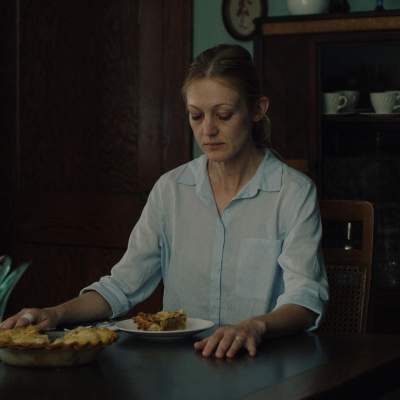Barbara Heck
BARBARA RUCKLE (Heck). 1734, in Ballingrane (Republic of Ireland), daughter of Bastian (Sebastian) Ruckle and Margaret Embury m. 1760 Paul Heck in Ireland and they had seven children, of who four were born and survived to. 17 Aug. 1804 Augusta Township Upper Canada.
Normaly, the person who is being profiled has either been an important participant in a significant incident or presented a distinctive statement or proposal which has been recorded. Barbara Heck did not leave writings or letters. In fact, the evidence for the date of her wedding was a secondary issue. The lack of a primary source could be used to trace Barbara Heck's motives or the actions she took during her life. Despite this, she gained fame during the early days of Methodism. The job of a biographer is to account and explain the story and identify if there is a real person who lies within it.
A report by the Methodist historian Abel Stevens wrote in 1866. The progress of Methodism within the United States has now indisputably placed the humble Barbara Heck's name Barbara Heck first on the list of women who have a place in the history of the church of the New World. The magnitude of her record will be largely due to the naming of her precious name made from the history of the great causes with which her legacy will be forever linked more through the events of her personal lives. Barbara Heck had a fortuitous contribution to the development of Methodism within Methodism in the United States of America and Canada. Her reputation is based on the natural nature of any organization or group must magnify the origins of its movement to strengthen the sense of history.






Comments
Post a Comment